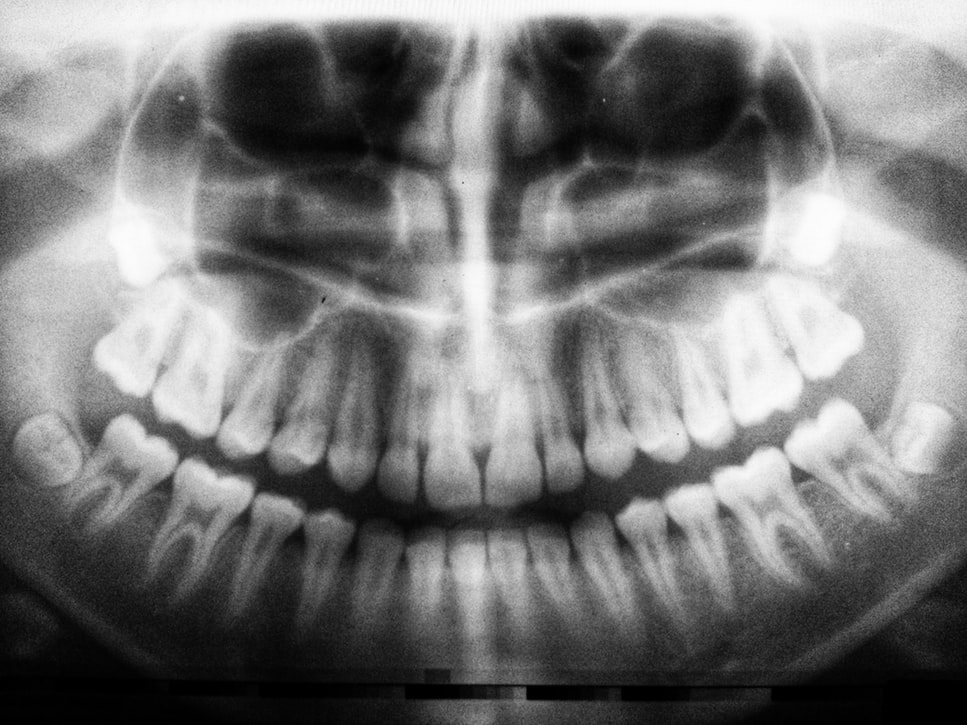What is it
Bruxism is a condition in which a person grinds, gnashes or clashes their teeth unconsciously while they’re awake or in their sleep. It tends to come hand in hand with other sleep disorders such as snoring or sleep apnea. Some people grow out of Bruxism or may experience it for a short period, therefore, won’t need treatment, however, others can live with it for a while. When bruxism is more frequent it can be severe enough to cause headaches, damaged teeth and other jaw-related issues. Most people may not be aware that they have sleep bruxism until they experience symptoms or visit a dentist.
The Symptoms
Besides headaches and damaged teeth, other more symptoms include:
- Teeth grinding or clenching
- Flattened, fractured or chipped teeth
- Worn tooth enamel
- Increase sensitivity or pain in teeth
- Tired or tight jaw muscles
- Jaw, neck or face pain or soreness
- Earaches
- Damaged cheeks (from chewing the inside of your teeth)
- Sleep disruption- feeling tired often.
Why
The exact cause of Bruxism can be hard to determine in each case. Generally, awake bruxism is caused by stress-related issues, or a habit when in deep concentration.
Jaw and teeth problems can also be contributors to the problems. If you have an abnormal bite or missing or crooked teeth and are experiencing bruxism, it is likely that these problems are the causes. Sleep apnea can also be a cause for grinding or clenching your teeth during sleep.
Diet and lifestyle choices can also play a part. Smoking, caffeine, alcohol and drugs could be the cause of your Bruxism.
Problems
Once the physical symptoms have been recognised, it’s important to see a dentist or specialist as soon as possible. If the issue isn’t addressed, teeth can be worn down to stumps, or teeth may fall out. When this happens, bridges, crowns, root canals, implants or even dentures may be needed. In extreme cases, Bruxism can cause the shape of a persons jaw to change, in turn changing the shape of the face.
A person with Bruxism will also be experiencing severe headaches, so fixing the problem will be a huge relief.
Solution
Each case of Bruxism is unique, so each solution will be unique. When it’s caused by stress or anxiety, seeing a therapist may be a good solution. Alternatively, a dentist will have a variety of options, including mouth guards or dental correction. If it seems to only be a temporary problem, we can discuss using muscle relaxants. Taking muscle relaxants before bed will help provide relief from Bruxism.
At Greenslopes Dental, we can offer muscle relaxants to help with teeth grinding and clenching. If you think you are experiencing Bruxism, contact us today for an appointment. We can recognise the signs of grinding and clenching and can suggest treatment, including muscle relaxants.

